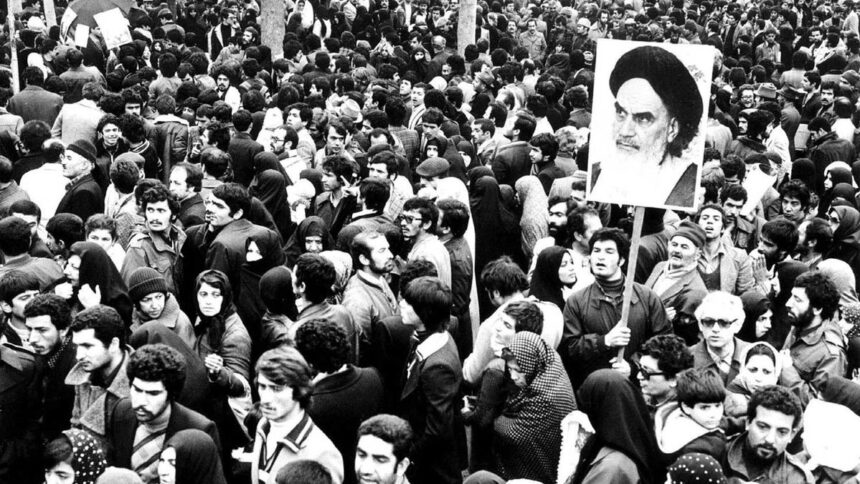The Islamic Revolution in Iran, a transformative event that unfolded in the twilight of the 20th century, has indelibly marked the geopolitical landscape of the Middle East and the wider global political scene. The revolution heralded the advent of a new ruling regime, markedly independent from the conventional power blocs of Western and Eastern superpowers. Instead, it gave birth to a system that positioned itself in stark opposition to the hegemonic influences within the region.
Setting a New Political Order
The success of the Islamic Revolution led to significant shifts in regional alliances and power dynamics. It ushered in a unique set of political, economic, and social policies, guided by Islamic principles. The new Iranian government sought to challenge the existing power structures and influences, thereby creating a new order that pursued autonomy from the previously dominant global forces.
Geopolitical Impact on Neighboring Iraq
One of the key areas where the impact of Iran’s Islamic Revolution has been felt is in Iraq’s sovereignty. The revolution has influenced Iraq’s geopolitical landscape, with regional actors such as Turkey and Iran playing significant roles. The Iraqi government has faced challenges in maintaining stability, particularly in managing the influence of pro-Iran militias. The detailed data on military bases, attacks, and political dynamics in the region underscores the far-reaching influence of the Islamic Revolution.
Reshaping Domestic and Global Politics
Beyond Iraq, the Islamic Revolution has also precipitated antiestablishment protests in Iran, the longest-running public rebuke of the clerical regime since the revolution in 1979. These protests have led to a considerable number of protesters being detained or killed, impacting both the ruling elite and the broader Iranian population. Iran’s involvement in the axis of resistance and its potential support for Hamas in Gaza further highlight the geopolitical impact of the Islamic Revolution, which continues to reshape domestic and global politics.




